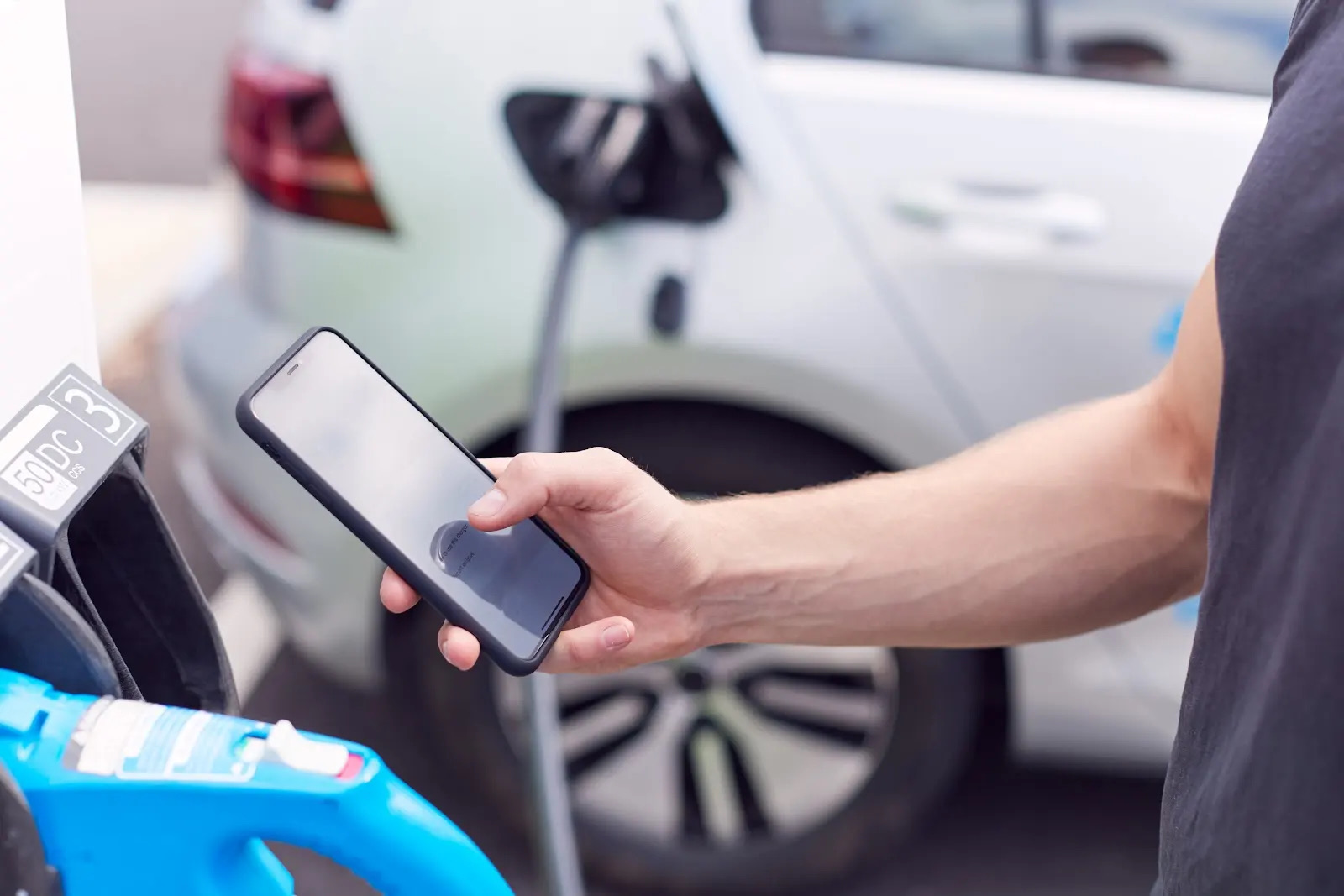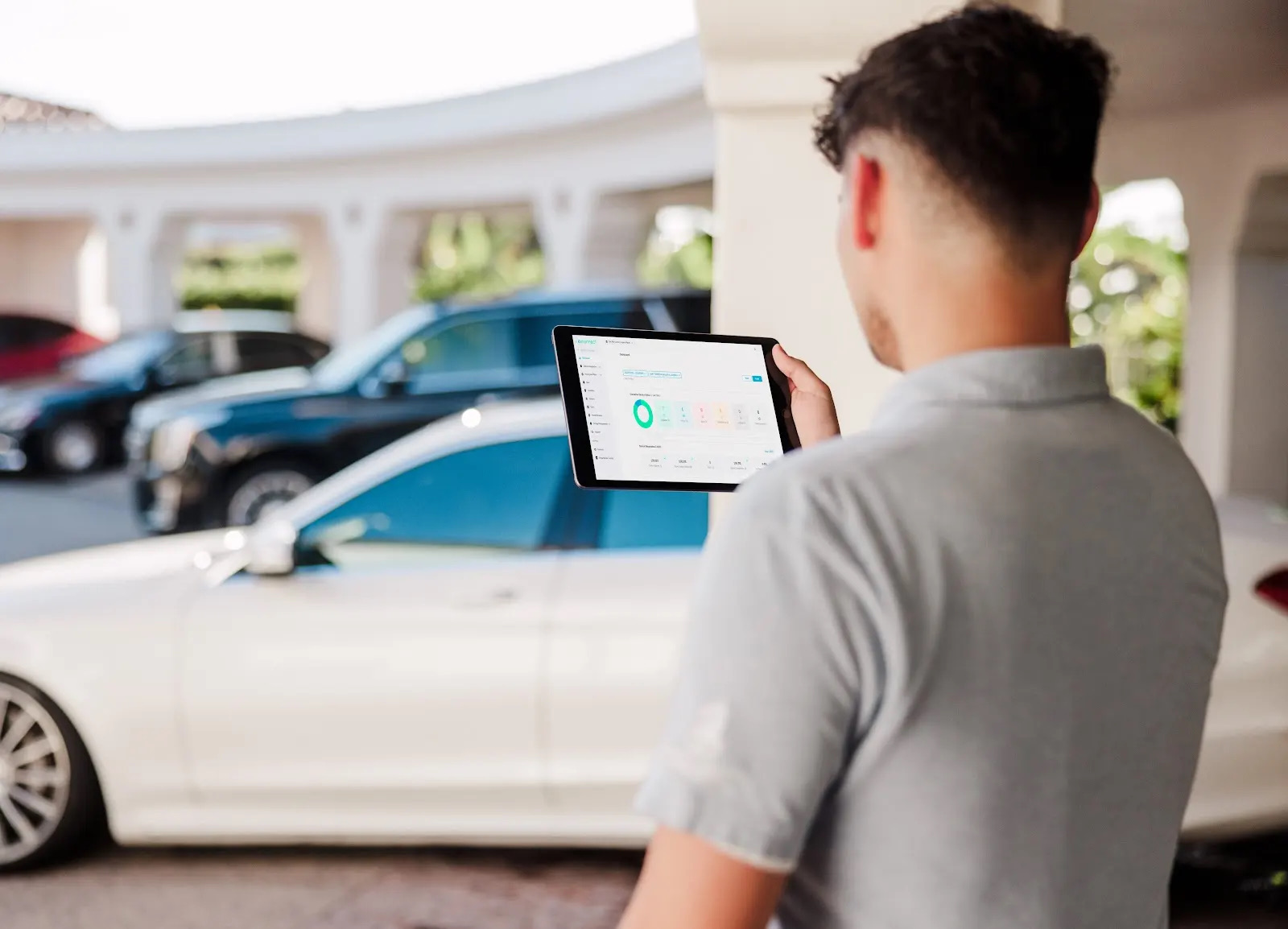Road to 2030: How businesses will fuel the growth of EV charging
The United States is racing towards an electric future, with its goal of 50 percent electric vehicle (EV) sales by 2030 rapidly coming into view. This ambitious target has driven a dramatic expansion in public charging infrastructure, more than doubling since 2021 to over 192,000 stations nationwide. With the 2030 deadline looming, the pace of charger installations may not keep up with rising demand, posing an important question and significant opportunity: What fundamental shifts will scale the EV charging ecosystem in the coming years, and how can forward-thinking stakeholders position themselves to thrive in this rapidly evolving landscape?
Entrepreneurs take charge
The diversity of EV charging locations offers businesses unique engagement opportunities, inspiring forward-thinking restaurants, malls, and entertainment venues to install charging stations that transform wait times into incremental revenue. Despite this, widespread adoption is still lagging. A survey of 75 retail and fast-food chains revealed that only 1 percent of 270,000 locations offered EV charging. Availability varies widely by sector, with EV charging present at just one in 14 big-box stores, one in 15 grocery stores, and one in 40 department stores.

This trend, however, is on the precipice of a paradigm shift. As the benefits become increasingly apparent, more businesses will begin to view charging stations not as risky investments, but as strategic assets. This evolution will drive proactive adoption, with companies deploying charging infrastructure as essential amenities and lucrative revenue streams.
The profit potential is substantial: a single Level 2 EV charger, operating at 50 percent capacity with an average of 5 sessions per day, can generate up to $28,800 in annual revenue. Beyond direct charging revenue, businesses with on-site EV charging stations tend to attract more customers than nearby competitors without such facilities. A 2024 MIT study found that establishments near charging stations saw an increase in total customer spending of up to $3,400 annually. As companies incorporate EV charging into their business models, they can drive higher revenue and improve customer loyalty.
Boosting brand loyalty
To fully realize the strategic value of EV charging, many organizations are exploring its integration into existing customer engagement and retention strategies, including loyalty programs. Today, the average U.S. consumer participates in 16.6 loyalty programs that earn points, discounts, and exclusive perks, fostering brand preference and encouraging repeat business. With the loyalty landscape becoming more competitive, companies are expanding their strategies beyond simple rewards to create more engaging customer experiences.
One notable trend in this evolution is the rise of cross-industry partnerships, which allow businesses to offer a broader range of benefits and touchpoints. For instance, hotel customers can earn points when they use services for rides or deliveries to that hotel chain. Even gas stations are adopting this model, as seen in New Jersey, where customers can earn points on grocery purchases that convert into fuel discounts at participating gas stations. These partnerships enhance the value proposition for consumers while creating new avenues for businesses to interact with their customers.

As EVs gain prominence, integrating charging networks into loyalty programs will become a natural next step for forward-thinking businesses. Credit card companies have been quick to capitalize on this trend, with many providers extending their gas rewards rate to include EV charging stations. This integration transcends marketing tactics by addressing consumers' growing desire for deeper connections; research indicates that six out of ten consumers report more positive experiences when relationships go beyond simple transactions.
Through these integrations, businesses can also demonstrate their commitment to sustainability — a growing priority for younger consumers. By 2030, Gen Z and Millennials will hold the majority of purchasing power in the U.S., and are 27 percent more likely than their elders to buy from brands they believe care about sustainability. By making EV charging a central part of shopping, dining, or entertainment, businesses create win-win scenarios: consumers enjoy seamless experiences while businesses boost engagement, loyalty, and brand image.
Navigation apps elevate the charging experience
The future of navigation apps in the EV ecosystem is also promising. Today, these apps go beyond locating charging stations, offering details like plug types, charging times, real-time availability, and speeds, helping to reduce range anxiety and streamline the charging process for drivers. As they advance, navigation apps will introduce even more sophisticated features tailored to EV drivers' needs, enhancing convenience and creating new business opportunities.
One such innovation is the integration of amenity suggestions during charging stops. Recent research indicates that one in five drivers seek retail and restaurant amenities near service stations while their vehicle charges. As such, navigation apps can form strategic partnerships with local businesses to offer curated suggestions for nearby establishments.

Another notable feature is the ability to reserve charging stations. This functionality has already begun to roll out to address a critical pain point identified in a recent study: 20 percent of EV users have left charging stations without charging due to long wait times. By enabling reservations, these apps enhance the user experience and provide businesses with valuable insights into station usage and demand, facilitating more effective network optimization and expansion.
Infrastructure to strategic asset
As more EVs hit the road, charging infrastructure will evolve from a convenient amenity to a critical part of consumer lifestyles and corporate strategies. Businesses that treat EV charging as a strategic asset can gain a competitive edge, boost customer engagement, foster loyalty, and create new revenue streams. Success in this electric shift depends on collaboration between automakers, charging operators, businesses, and tech companies to create a seamless and user-friendly EV ecosystem. The resulting network effects will accelerate the transition to sustainable transportation, further reshaping the relationship between consumers, businesses, and energy infrastructure for a more connected, eco-friendly future.
Bassem Ammouri is COO of EV Connect, which provides software, management and other resources for other EV charging networks.
EV Connect | www.evconnect.com
Author: Bassem Ammouri
Volume: 2024 November/December









